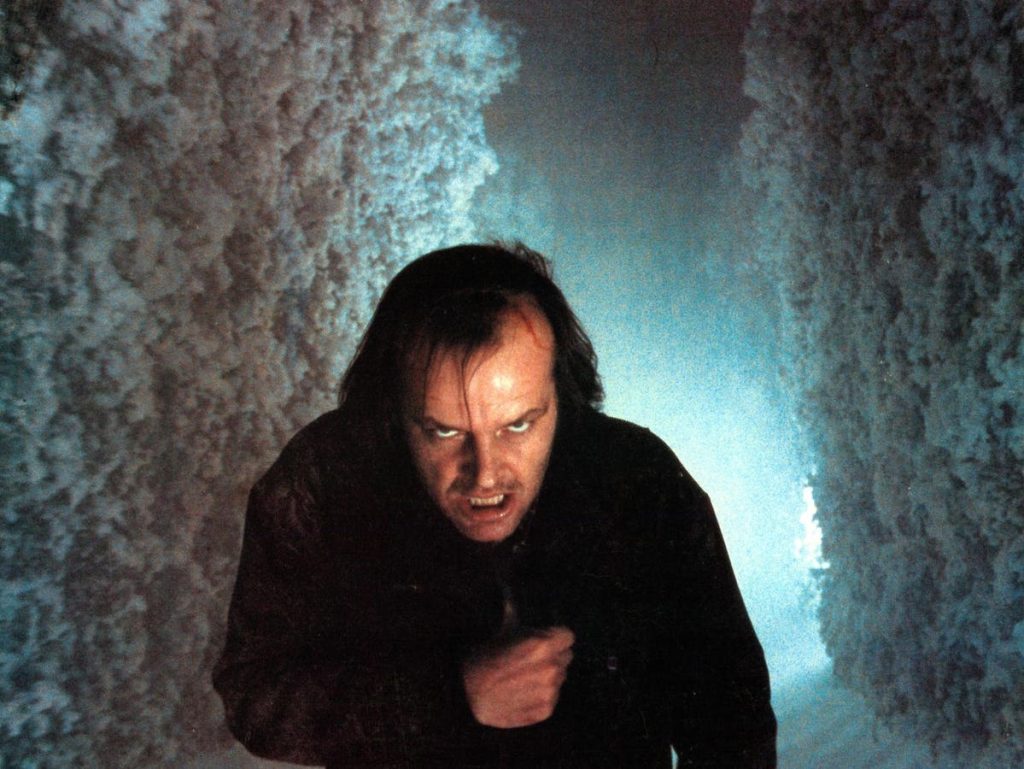Psychological horror films are a genre that aims to unsettle its audience by focusing on distressing emotional and psychological states rather than traditional horror elements like monsters or gore. These films create an uncomfortable and creepy atmosphere by exploring characters with unstable or disturbed behaviors, emotions, and cognitions. The genre forces viewers to confront aspects of themselves that they may prefer to ignore, drawing on concepts from analytical psychology such as the archetypal shadow.
Carl Jung, a pioneer of analytical psychology, first conceptualized the archetypal shadow as the unconscious aspect of our personality containing traits and impulses that we reject or hide from others and ourselves. Psychological horror films like The Silence of the Lambs, American Psycho, and Split expose viewers to shadow characteristics through elements such as skepticism, mistrust, doubt, and paranoia. These films create a pervasive sense of unease by leaving viewers questioning who can be trusted and blurring the line between reality and illusion.
A study from The Journal of Analytical Psychology in October 2015 suggests that psychological horror movies tap into our fascination with the irrational and unreasonable, seeking a transcendence of rational consciousness and an experience of the sublime. Unlike traditional horror genres that often rely on supernatural elements, psychological horrors explore the darker corners of the mind, making the terror depicted in these films more plausible and unsettling. Protagonists grappling with psychological afflictions reflect the fragile nature of our own perceptions, tapping into our fear of our minds betraying us.
The appeal of psychological horror lies in its ability to tap into our morbid curiosity, as these films bring us face-to-face with the horrific possibilities of the human psyche. Morbid curiosity is described as an interest or curiosity about unpleasant things, particularly death, driven by a desire for stimulation and arousal. Psychological horror films, with their exploration of the fragility of the human mind and the potential for psychological afflictions, become the perfect fodder for our morbid curiosity, forcing us to confront uncomfortable truths lurking within our own minds.
At their core, psychological horror films remind us of the fallible nature of the human brain by depicting manipulation, gaslighting, and mental disorders that may resonate with our own experiences or those of people we know. Despite the discomfort they bring, viewers are compelled to explore the darkest recesses of the human mind due to innate morbid curiosity. The allure of exploring these unsettling truths drives us back to these films time and again, challenging us to confront our fears and vulnerabilities in the face of psychological horror.


